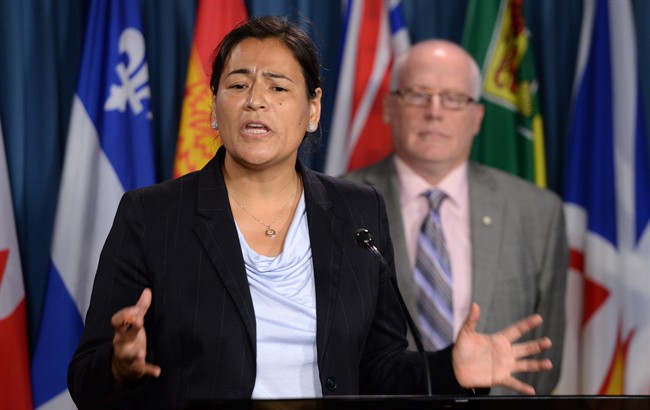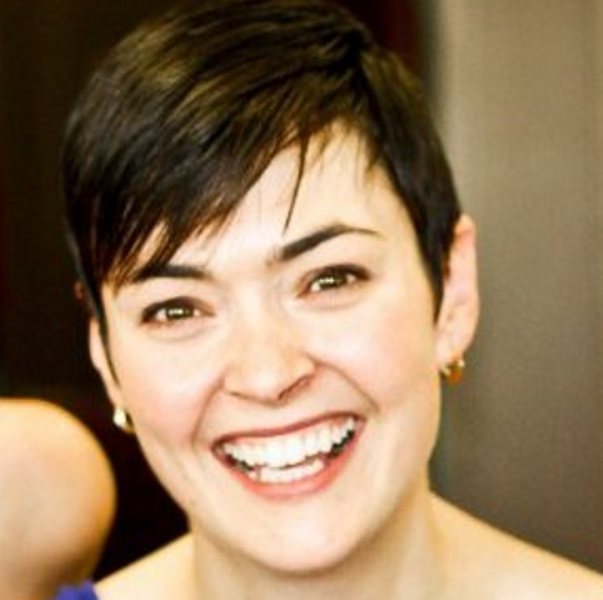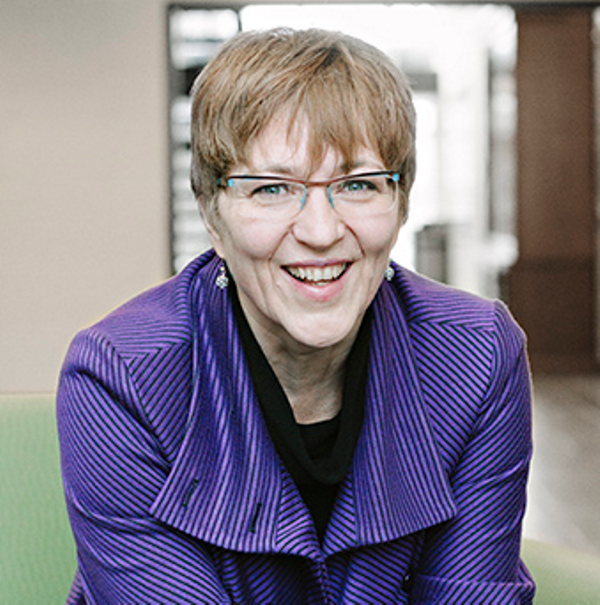Marion Buller, British Columbia’s first female First Nations judge, has been named as the lead commissioner on Canada’s long-awaited inquiry into murdered and missing Indigenous women and says the work of the five commissioners will be inspired by the “losses, pain, strength and courage” of survivors.

“The spirits of the missing and murdered Indigenous women and girls will be close in our hearts and in our minds as we do our work,” Buller told families, politicians and indigenous leader gathered at an event in Gatineau, Que. “The families’ and the survivors’ losses, pain, strength and courage will inspire our work.”
WATCH: Government ‘committed’ to ending violence against indigenous women

The inquiry is scheduled to begin Sept. 1 and last until Dec. 31, 2018, at an estimated cost of $53.8 million, nearly $14 million higher than was originally earmarked in the budget. The inquiry will examine the systemic issues that contribute to the risk of violence towards indigenous women, and look at policing practices, child welfare and other societal issues.
READ MORE: Ottawa launches long-awaited inquiry into missing, murdered indigenous women
Justice Minister Jody Wilson-Raybould became emotional as she spoke to a room filled with family members of missing and murdered women and talked about the disproportionate incidents of violence that affect First Nations women.
“We need to identify the causes of these disparities and take action now to end them,” Wilson-Raybould said. “The government of Canada is committed to doing better and we will take action together to reach the goal to eliminate, as much as we can, violence against Indigenous women and girls.”
Here are the five commissioners who are set to carrying out the MMIW inquiry:
Chief commissioner Marion Buller

Before becoming B.C.’s first female First Nations judge in 1994, Buller made her career working as a civil and criminal lawyer. She also served as both a director and president of Canada’s Indigenous Bar Association and has been a member of the B.C. Police Commission and the Law Court Education Society.
WATCH: Indigenous Affairs Minister Carolyn Bennett introduces Marion Buller

Buller also started the First Nations Court of British Columbia in 2006, which takes a restorative justice approach to sentencing in criminal and family matters.

Get daily National news
“Judge Buller is a person of great moral character whose work I respect and admire,” Indigenous Affairs Minister Carolyn Bennett said Wednesday. “Her experience as a First Nations judge in the provincial criminal court system has a unique and valuable perspective to the inquiry.”
Michèle Audette

Audette has for years been calling for action to address the nearly 1,200 murdered and missing Aboriginal women across Canada.
Named as one of the commissioners, she is a long-time activist who grew up in the Innu community of Mani Utenam in Québec, with a French father and Innu mother.
Elected as one of the youngest-ever Presidents of the Québec Native Women’s Association (QNWA) she would later serve as president of the Native Women’s Association of Canada and repeatedly called on the former Harper government to call a national inquiry into the MMIW tragedy.
Recently, Audette ran unsuccessfully for the federal Liberals in the riding of Terrebonne in last federal election.
Qajaq Robinson

Nunavut-born Robinson works as a lawyer in Ottawa for the firm Borden, Ladner, Gervais, where she has worked for First Nation communities in the northern parts of central and western provinces and the territories.
READ MORE: Inquiry challenged to repair relationship between cops, indigenous communities
Robinson is also the Vice President of Tungasuvvingat Inuit, a not-for-profit organization dedicated to providing cultural and wellness programs to Inuit in Ottawa.
She is fluent in Inuktitut and graduated in 2005 from the Akitsiraq Law Program – a partnership between the University of Victoria and Nunavut Arctic College. She clerked with the judges of the Nunavut Court of Justice under Chief Justice Beverley Browne.
Marilyn Poitras

Poitras is a Harvard Law School graduate who works as a constitutional and Aboriginal law expert at the University of Saskatchewan.
She began her career as a native court worker and then articled at the Saskatchewan Department of Justice, focusing on constitutional law.
READ MORE: Examine police behaviour in missing, murdered women inquiry, say advocates
Poitras, who is Métis, helped develop a number of Indigenous legal education initiatives across the country including the the Akitsiraq Law School in Nunavut. She also sits on the board of the Canadian Journal of Poverty Law and served as vice-president of Indigenous governance at the University of New Brunswick’s Institute on Governance.
Brian Eyolfson
Eyolfson is a First Nations and human rights lawyer based in Ontario. He was counsel to Aboriginal Legal Services of Toronto at the Ipperwash inquiry and practiced human rights, Aboriginal and administrative law before at a variety of tribunals and courts.
He served as vice-chair of the Human Rights Tribunal of Ontario, where he adjudicated and resolved human rights applications, from 2007 to 2016.
Eyolfson is currently deputy director in the Legal Services Branch of the Ontario Ministry of Indigenous Relations and Reconciliation.
*With files from the Canadian Press








Comments
Want to discuss? Please read our Commenting Policy first.